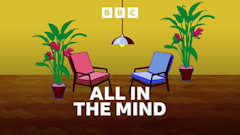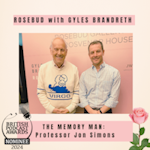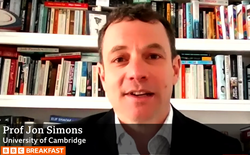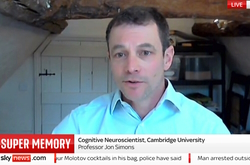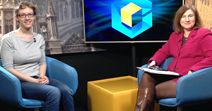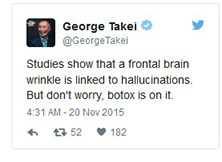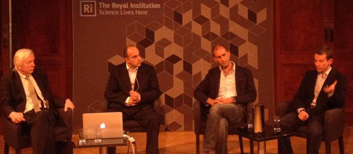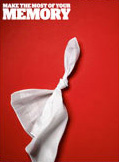Making memory may mean modeling and remodeling
University of Cambridge press release
Keeping track of reality
Guardian
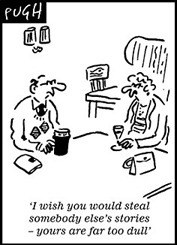 Memory errors are all in the groove
Memory errors are all in the groove
Reuters
Brain memory finding may help schizophrenia research
Daily Mail
Why you shouldn't blame your colleagues for stealing your ideas
Time magazine
Reality check: Why some brains can't tell real from imagined
Popular Science magazine
Found: The particular brain fold that helps people distinguish between imagination and reality
Addiction Inbox
Interview with neuroscientist Jon Simons
|
Nature
Turning point: Jon Simons
|
The Fix
Alcohol and state-dependent memory
|
Wired
Is cognitive science full of crap? (answer: no more than most science)
|
The Psychologist
Forum web chat
|
Cambridge Neuroscience
Dr. Jon Simons selected to receive the Experimental Psychology Society Prize
|
OUPS Quarterly Magazine
Linking the labyrinths: Neuroscience and memory
|
Varsity
In the know: Cambridge research (scroll down to 'Total Recall' section)
|
BBC Radio Cambridgeshire
 Live interview: How to win at Mastermind Live interview: How to win at Mastermind
|
BBC News Online
'Daydreaming' brain is coma clue
|
The Times newspaper
One in five witnesses sees imagined events as reality
|
Wellcome Science
Did you really see it? Exploring the neurological basis of hallucinations
|
Science Daily
Our grip on reality is slim, says University College London scientist
|
Asian News International
Neurological basis behind hallucinations, say boffins (!)
|
UCL Communications
Experiment of the month
|
Neurolearning Blog
Understanding thinking: The feeling of knowing
|
NYU press release
New York University Launches 9/11 Memory Database
|
APA Monitor
Alzheimer's patients show intense emotional reactions to 9/11
|





 /
/
